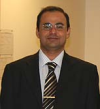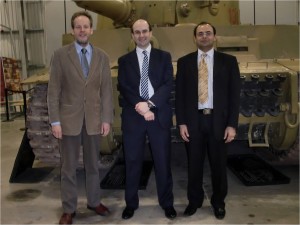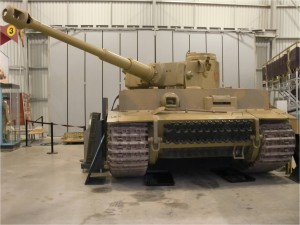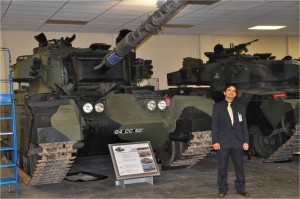 The University has provided an excellent opportunity for staff to engage in Fusion through the University FIF (Fusion Investment Fund) initiative. I found FIF an excellent chance to take advantage for furthering my research, education and professional engagement with my international partners. Over the years I have developed international links in the US, India, China and Pakistan. These international links have played a significant role in my research activities through joint publications, developing research proposal(s) and submitting for external funding.
The University has provided an excellent opportunity for staff to engage in Fusion through the University FIF (Fusion Investment Fund) initiative. I found FIF an excellent chance to take advantage for furthering my research, education and professional engagement with my international partners. Over the years I have developed international links in the US, India, China and Pakistan. These international links have played a significant role in my research activities through joint publications, developing research proposal(s) and submitting for external funding.
I met Professor Ramesh Chinakurli, a professor at PES Institute of Technology, Bangalore, India in the Society of Tribologists and Lubrication Engineers (STLE) Conference in the US in 2010. Our shared research interests are in the characterisation of aluminium based composites/ electrocomposites, surface engineering, in particular HVOF (high velocity oxy-fuel) coatings and premetallic coated sheets (thrust-automotive industries) and mutual interests in PGT, PGR and U/G students’ research informed education. This provided a catalyst for us to publish 2 conference papers this year, the nomination of Professor Ramesh as BU visiting professor, develop a proposal for external funding (DST-EPSRC) and application to FIF.
Through the BU FIF initiative Fusion will be showcased as a global entity by strengthening existing cross-continent collaboration in education (introducing an international perspective and pedagogy), research (further research ideas to bid for external funding founded on existing work in nano-tribology) and professional practice (existing BU, PES Institute of Technology, Bangalore and industrial partners links will be further strengthened). This process will significantly benefit BU students, staff, existing industrial partners, myself and the co-Investigator.
There are two visits planned, a visit to India later in October to conduct joint research in nano-materials for tribological applications and identify further opportunities of collaborations in all areas of Fusion. There will be a visit from an Indian Visiting Professor in November, to participate in teaching activities and research seminars aimed at both staff and students.
The Fusion application has provided an excellent opportunity to further strengthen international collaboration with our Indian partners and showcase our research, education and professional practice activities, resources and capabilities to them. Also further increase collaborative work in terms of all areas of fusion.
Finally I would like to thank Professor Jim Roach and Professor Mark Hadfield who provided their continued support and encouragement for this application.














 Dr. Ashraf cited on ‘Modest Fashion’ in The Guardian
Dr. Ashraf cited on ‘Modest Fashion’ in The Guardian NIHR-funded research launches website
NIHR-funded research launches website Academics write for newspaper in Nepal
Academics write for newspaper in Nepal MSCA Postdoctoral Fellowships 2025 Call
MSCA Postdoctoral Fellowships 2025 Call ERC Advanced Grant 2025 Webinar
ERC Advanced Grant 2025 Webinar Horizon Europe Work Programme 2025 Published
Horizon Europe Work Programme 2025 Published Horizon Europe 2025 Work Programme pre-Published
Horizon Europe 2025 Work Programme pre-Published Update on UKRO services
Update on UKRO services European research project exploring use of ‘virtual twins’ to better manage metabolic associated fatty liver disease
European research project exploring use of ‘virtual twins’ to better manage metabolic associated fatty liver disease